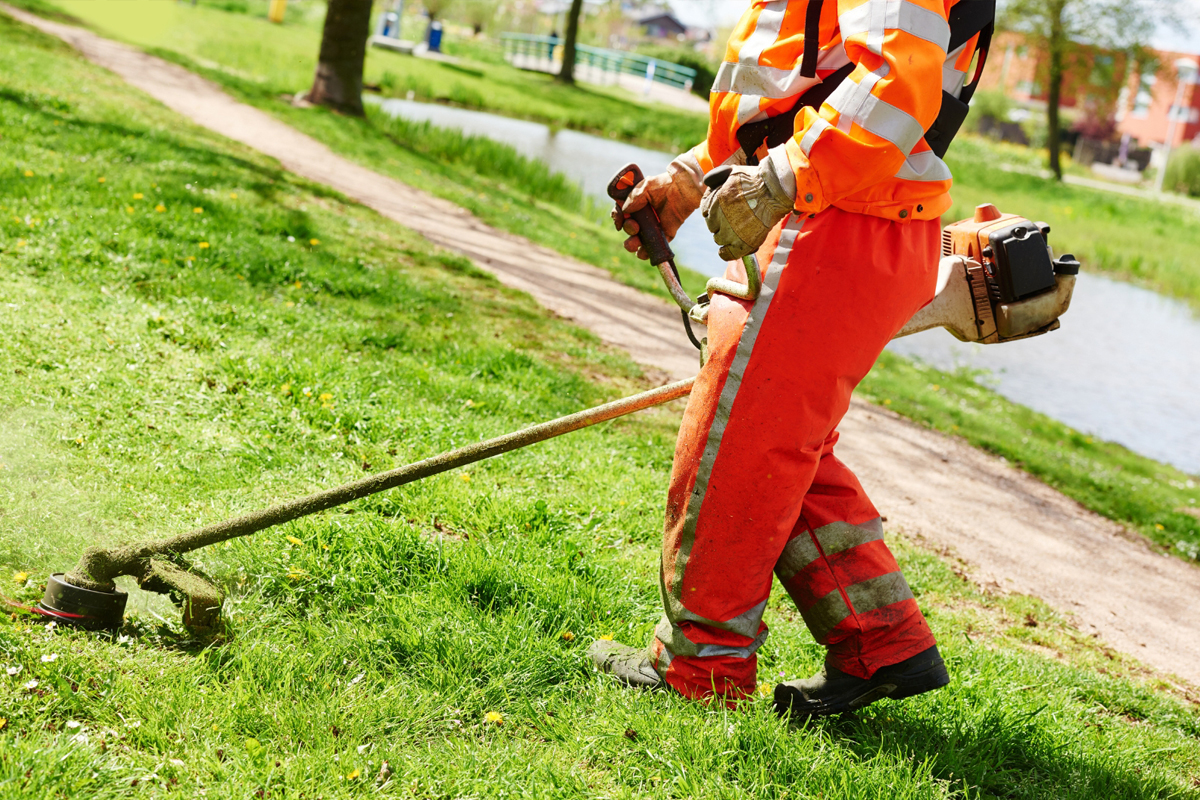
For Florida lawn care companies, competition isn’t just city-wide—it’s street-by-street. If your website is only optimized for general terms like “lawn care in Tampa,” you’re missing a huge opportunity to capture customers searching for services in their specific neighborhood or subdivision.
By targeting neighborhood-level keywords, you can increase your visibility in hyper-local search results, build trust with nearby residents, and generate more qualified leads—without paying for ads.
What Are Neighborhood Specific Keywords?
Neighborhood-specific keywords are location-based search terms that include the name of a local community, subdivision, or area, such as:
- “Lawn mowing in Carrollwood Tampa”
- “Sod installation in Lakewood Ranch”
- “Lawn care near Seminole Heights FL”
These keywords reflect how real homeowners search when looking for someone local and trusted.
Why They Work
- They’re Less Competitive
Fewer companies optimize for these hyper-local phrases, making it easier to rank organically—especially if you include the keywords in your page titles, headers, and service descriptions. - They Show Relevance and Proximity
Google values local proximity in its ranking algorithm. When your website references neighborhoods where you actually work, it improves your relevance in those areas. - They Convert Better
People searching for “lawn care in Palma Ceia” usually want someone who knows their block—not a national chain. These searchers are ready to hire and appreciate seeing a service provider who specifically names their area.
How to Target Neighborhood Keywords on Your Website
1. Create Area-Specific Service Pages
Instead of one generic “Service Area” page, build out landing pages for your top-performing neighborhoods, such as:
/lawn-care-carrollwood/landscaping-westchase/sprinkler-repair-davis-islands
Each page should include:
- A local headline (“Professional Lawn Care in Carrollwood, FL”)
- Details on services offered in that area
- Photos from local jobs (with permission)
- Mention of parks, HOAs, or schools nearby
2. Add Neighborhood Mentions in Blog Content
Create seasonal posts or tips based on specific locations:
- “Best Grass Types for Lawns in South Tampa”
- “How to Prep Your Lawn for Hurricane Season in Dunedin”
Use these articles to link to your corresponding service pages and reinforce topical relevance.
3. Optimize Your Google Business Profile With Local Terms
Include neighborhood names in your service descriptions and posts within your Google Business Profile. For example:
“Serving clients in Beach Park, Sunset Park, and Hyde Park.”
This supports local pack visibility for searches like “lawn care near me” or “landscaper in [neighborhood].”
4. Include Local Schema Markup
Add LocalBusiness schema that reinforces your service areas down to ZIP codes and neighborhood names. This improves how Google understands your footprint.
Real-World Example
A lawn care company based in Orlando created neighborhood pages for Winter Park, Baldwin Park, and College Park. Within three months, they saw:
- A 58% increase in local organic traffic
- A 22% higher conversion rate on neighborhood pages
- 40+ new form submissions directly tied to those pages
If you’re providing lawn care services in Florida, you don’t need to dominate the entire city to grow your business—you just need to dominate the neighborhoods you already serve. Targeting neighborhood-specific keywords helps you show up where it matters most: in front of homeowners who are ready to book and already looking for someone nearby.
It’s a scalable, low-cost way to build trust, increase bookings, and grow your business block by block.
🌱 Ready to Win More Jobs in the Neighborhoods You Already Serve?
At SEO Consulting Experts, we help Florida lawn care companies rank higher in local searches by building geo-targeted content strategies that attract ready-to-hire homeowners.
👉 Get a local SEO roadmap for your top neighborhoods and see where you could be showing up more often.

